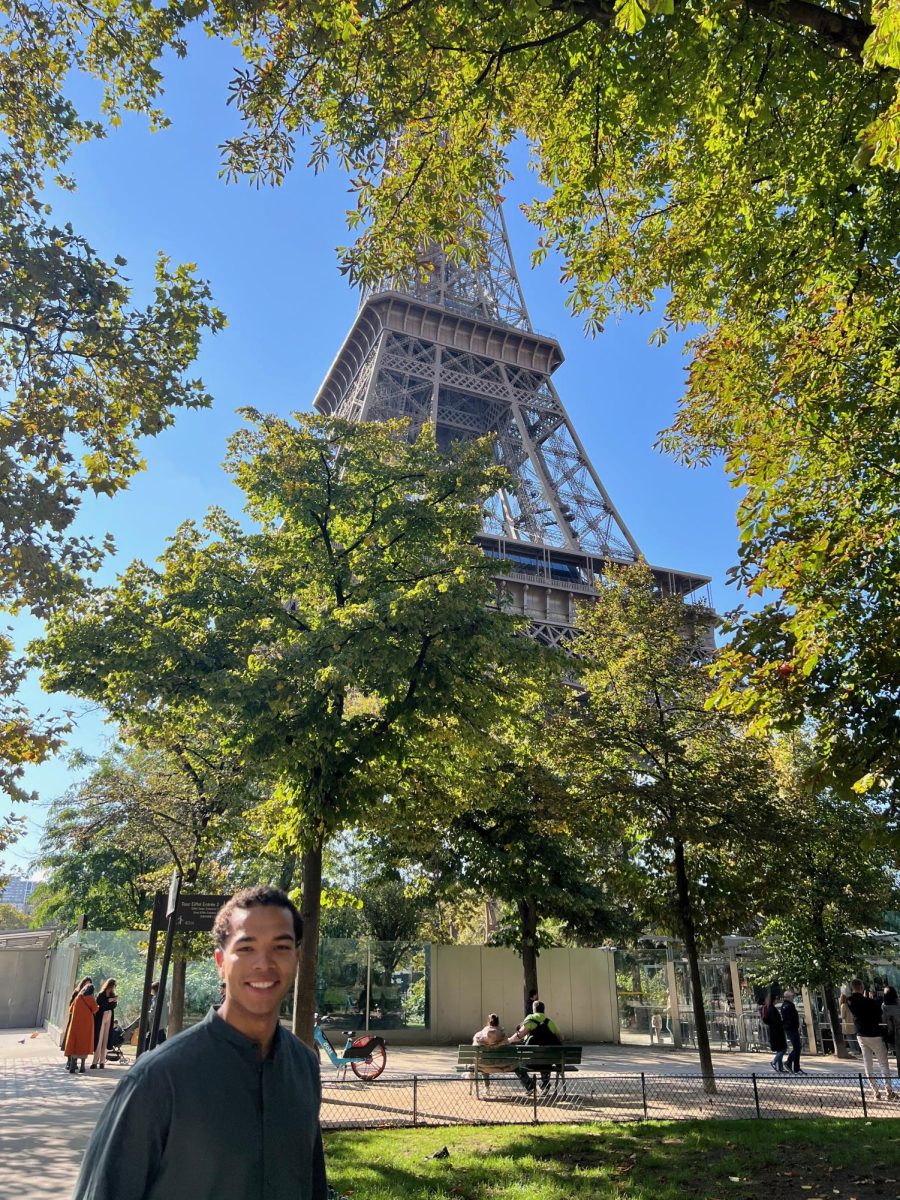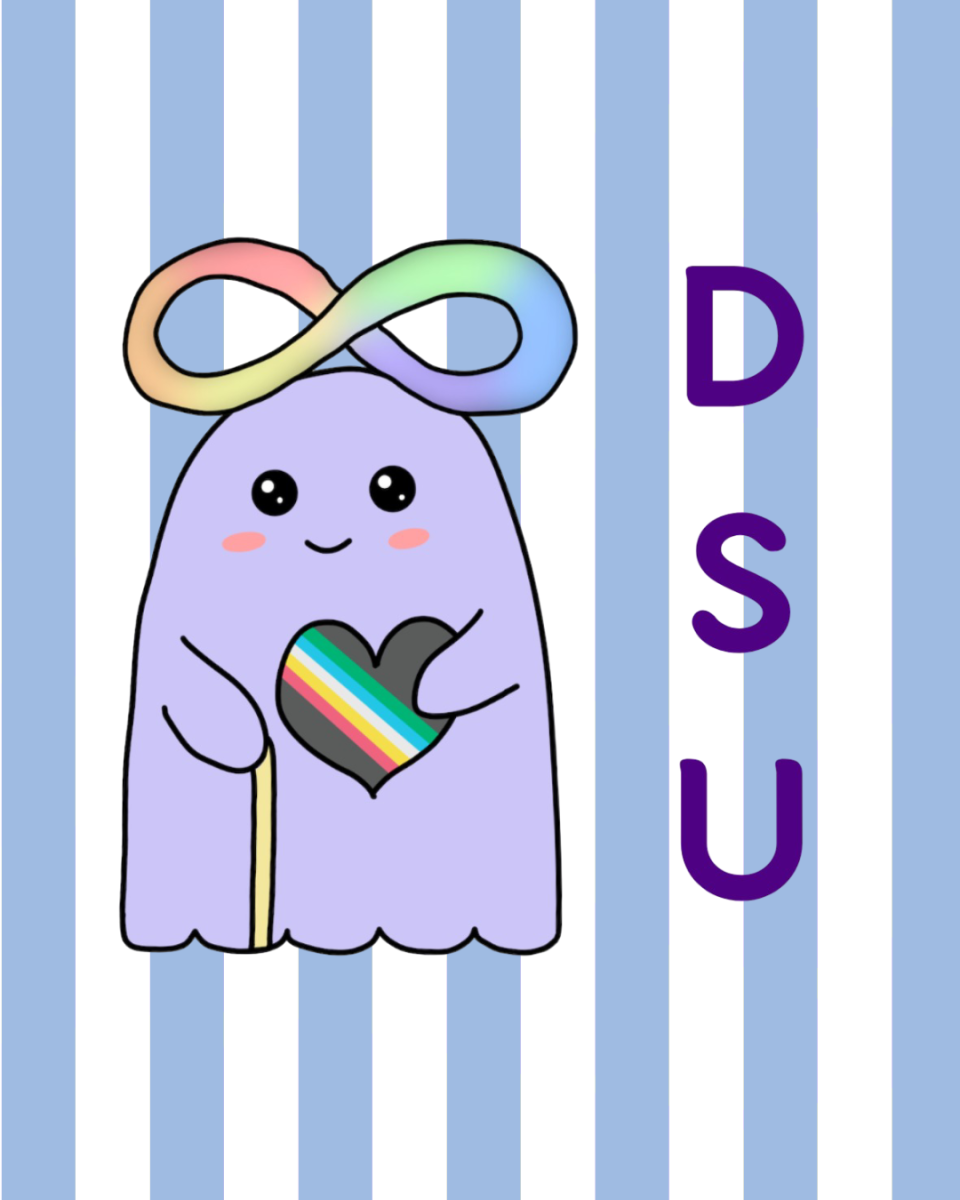
Sixty-four years ago today, a crowd of eager students piled into Thompson Chapel for regular Sunday Services. Curious attendees came away from the first standing-room-only services in recent memory, finding the visiting preacher “compelling and vigorous,” according to the Record.
The day was Sunday, April 16, 1961. The visiting preacher — civil rights activist, reverend, and soon-to-be Nobel Peace Prize winner Martin Luther King Jr. — used his time in Thompson to discuss the “Three Dimensions of the Complete Man” and exegeted John Donne, keeping lucky attendees on the edge of their pews and unlucky ones on the tips of their toes, craning their necks to catch a word from the pulpit.
At the time of his visit to Williamstown, King had not yet delivered his iconic “I Have A Dream” speech from the steps of the Lincoln Memorial. But he was already one of the foremost figures of the American Civil Rights Movement.
In his sermon in Thompson Chapel, King called on students to be compassionate and conscientious. “Before we can love other selves adequately, we must love ourselves properly,” King said. He also spoke on discrimination and “made a plea for all men to live together as brothers,” according to the Record’s write-up. “God,” King said, “is interested in the freedom of the whole human race.”
After chapel, the crowd of students proceeded to Jessup Hall to listen to a keynote and Q&A session on civil rights with King.
In his talk, King drew inspiration from “the teachings of [Henry David] Thoreau on civil disobedience, Gandhi on passive resistance, and, most important, Jesus of Nazareth on love.” According to the Record’s coverage, he described nonviolence as a way of life and a method of liberation. “Violence … breeds social unrest and more violence,” he said. “[Standing] up before the enemy with courage and integrity, and without violence,” was, in King’s view, a moral path toward lasting justice.
“Discrimination must end,” King said, “not only because it is diplomatically objectionable, but because it is morally wrong.” He rejected outright “the luxury of an anemic democracy,” maintaining that if Americans could not face the crisis of racial inequality at home, they would be ill-equipped to face moral or political challenges beyond their borders. In describing ongoing sit-in campaigns and legislative gridlock, King criticized “hypocritical sit-downs” in Congress and a lack of government resolve. At the current pace, he estimated it could take nearly a century for complete integration — “a slow crawl,” he said.
“For as long as we have segregation, we damage the souls of both black and white,” King said.
King’s sermon came 76 years after the College enrolled its first non-white students, Gaius Charles Bolin and Boon Itt — students in the Class of 1889.
It would be ten more years before the first female students attended the College.
Eight years after King’s sermon in Thompson — and one year after his assassination in 1968 — the Afro-American Society (AAS), now known as the Black Student Union (BSU), conducted the “first true revolution on the campus of Williams College: the occupation of Hopkins,” according to Black Williams: A Written History, a collection of college histories compiled by former BSU members.
Dissatisfied with the administration’s lack of response after publishing a list of 15 demands, 34 students from the AAS occupied Hopkins Hall at 4 a.m. on Friday, April 5, where they remained until the following Tuesday.
The protest ended that night when it was announced that the administration was willing to agree to 12 of the AAS’s demands. Among the demands accepted by the College were the addition of classes across the curriculum to include African American history and culture and the hiring of more Black faculty at the College.
Though speaking on the struggles of the time, King’s words still ring true for the present day. “In this day and age, when hundreds of millions of people are rising from the yoke of foreign imperialism … we cannot afford the luxury of an anemic democracy… If we cannot face the problem, we will not be able to face the world.”








